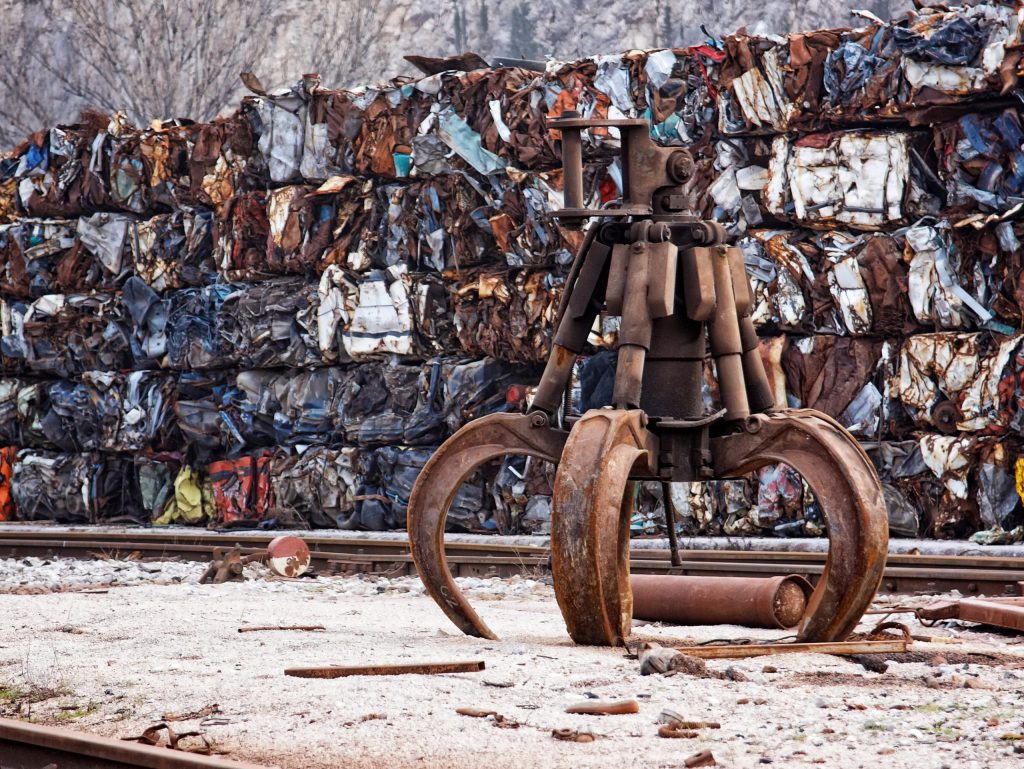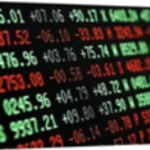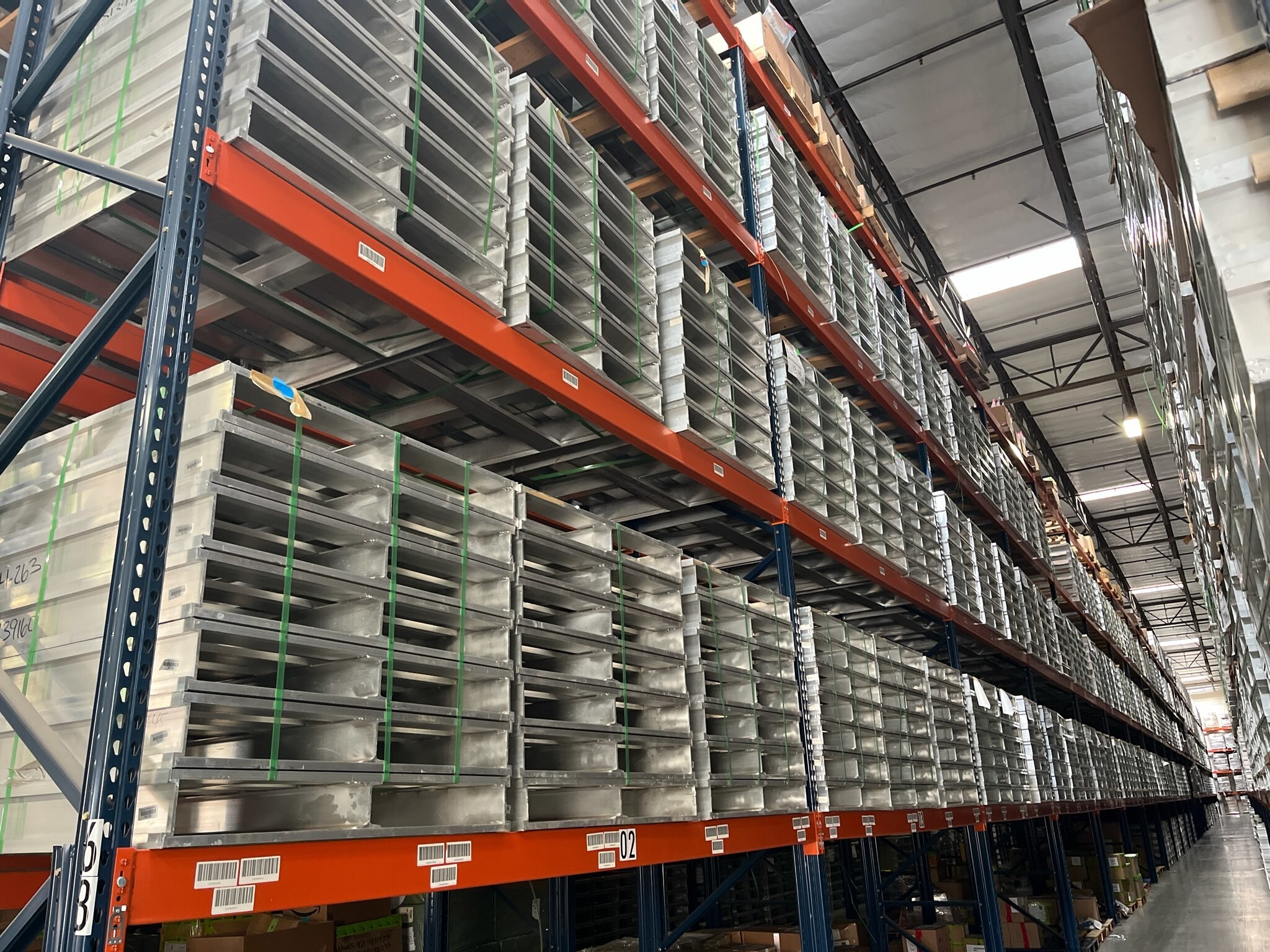Aluminum Scrap Markets

August 28, 2025
LKQ sells its self-service business
Written by Nicholas Bell
Though it doesn’t make up a huge share of LKQ Corp.’s overall business, the company’s Self Service segment has long stood out as the division most directly tied to the aluminum scrap market.
LKQ announced on Aug. 26 that the company will sell the Self Service arm, best known under the “Pick Your Part” brand, walking away from the dismantling and shredding operations that feed a steady stream of post-consumer scrap and other recyclables into North America’s scrap ecosystem.
The transaction, valued at $410 million and transferring the segment to Pacific Avenue Capital Partners, is expected to close in the fourth quarter of 2025. Proceeds will be used to reduce debt and streamline LKQ’s balance sheet.
Company executives framed the sale as part of a broader push to simplify the corporate portfolio and sharpen focus on higher-margin segments, such as wholesale distribution in North American and Europe.
Yet the sale of Self Service holds far greater significance for the aluminum market than for LKQ’s financial performance.
How “Pick Your Part” Works
The Self Service segment’s “Pick Your Part” operated more than 60 facilities across the U.S. where end-of-life vehicles (ELVs) were dismantled, stripped of reusable parts, and eventually crushed into “auto hulks.”
End-of-life vehicles sourced from insurers, auctions, municipalities, and towing companies would be placed in the company’s yards where customers could pull their own replacement parts.
Once the valuable parts were removed and the vehicles were no longer deemed useful to the public, or if they were designated as “crush only” from the outset, LKQ typically compacted the ELVs into auto hulks, which were then sold to third-party shredders. Shredders in turn “consumed” the hulks, reduced them into sorted scrap stream like zorba. These fractions ultimately feed into secondary smelters, where they are remelted into alloys of ingots, billets, and sows that re-enter the supply chain.
LKQ also extracted certain high-value cores and components, such as wheels, catalytic converters, and alternators, before crushing, selling them directly to recyclers or consuming internally in the case of aluminum wheels.
Aluminum recovery
The dismantling sector plays a vital role in the efficiency of the U.S. aluminum recycling loop.
A recent estimate from the Bureau of International Recycling (BIR) placed the number of U.S. shredder installations at 322.
Dismantlers report that about 58% of incoming ELV weight ends up as crushed auto hulks bound for shredders, while the remaining 42% is diverted into resale, remelting, or reuse streams before even reaching the shredder, according to a study conducted by the Center for Resource Recovery and Recycling at Worcester Polytechnic Institute, based on data collected from anonymous dismantling and recycling respondents and later reported by the Aluminum Association.
For aluminum scrap derived from that mixture, recovery rates are even higher. The same study shows that around 10% of dismantled auto aluminum weight is recovered directly at dismantling sites through heavy recovery processes, while another 32% is shredded and flows into light recovery systems.
Altogether, as much as 90% of dismantled auto aluminum is eventually reclaimed.
LKQ’s Self Services facilities contributed materially to these flows, selling more than 1 million metric tons of scrap in 2024, including significant volumes of aluminum-bearing scrap.
Why LKQ is exiting
Management has stressed that the Self Service model no longer aligns with long-term corporate priorities.
Vehicle acquisition costs have risen due to competitive bidding, while state-level changes in salvage title and recycling regulations have increased compliance burdens.
At the same time, wholesale distribution of OEM and aftermarket parts offers steadier margins with less exposure to commodity cycles.
By divesting Self Service, LKQ offloads a capital-intensive, cyclical segment while focusing on distribution businesses that emphasize parts supply over raw scrap.
While the sale may look minor on LKQ’s balance sheet, it’s far more consequential for scrap flows.
The future owner of the operational division, Pacific Avenue Capital Partners (PACP), is a private equity firm, and any shift in how these yards operate could ripple downstream under new ownership.
For instance, if PACP emphasizes maximizing resale parts margins, shredder supply might become less consistent. If they double down on throughput, hulks could hit shredders faster and prove to be a boon for ELV supply.
The Transwheel/Transmetco question
One point of clarity in the transaction is that LKQ’s Transmetco and Transwheel operations are not included in the Self Service divestiture.
Based in Indiana, these facilities represent some of two key sites to the auto recycling supply chain in the region. The Transwheel site performs wheel shotblasting capable of finishing millions of wheels per year, while the Transmetco plant can process more than 50,000 metric tons of aluminum scrap annually and cast over 55,000 metric tons of remelted secondary ingot.
By retaining these assets, LKQ separates a significant portion of its dismantling and crushing network from its aluminum remelting business. That distinction matters.
As one of the largest dedicated buyers of A356 wheel scrap in the U.S., Transwheel/Transmecto may no longer have guaranteed feedstock flowing directly from the 62 Self Service yards. Instead, it will possibly need to source more material on the open market, potentially tightening competition for wheels among secondary smelters and exporters in the Midwest.
The exclusion underscores how LKQ is drawing a sharper line between its role as a distributor of parts and a pre-processor of metals. Self Service was deemed non-core, while upcycling wheel scrap and smelting remains strategic enough to hold onto.
For the aluminum market, that means a major smelter stays in LKQ’s hands but is likely forced to navigate a change supply environment, one in which its own company no longer controls the dismantling yards that once fed it.
A diverging path: Fenix doubles down on dismantling
While LKQ is stepping back from self-service dismantling, rival Fenix Parts is moving aggressively in the opposite direction.
Earlier this month, Fenix announced the acquisition of Grade A Auto Parts, a Louisville-based dismantler with locations across Kentucky Missouri, Ohio, Tennessee, and Indiana.
The deal expands Fenix’s geographic footprint, a strategy the company has employed for years now.
The deal follows Fenix’s earlier purchases of Pacific Rim Auto Parts in Texas, Neal Auto Parts and Stafford’s Auto Parts in Illinois, Green Auto Parts & Recycling in California, Fox Auto Parts and Brothers Auto Parts in the Midwest, and more recently Assured Auto Parts in the San Antonio, Texas area, underscoring its ambition to build a coast-to-coast dismantling platform.
Since 2020, Fenix has grown from 16 locations to around 40 locations today, following the Grade A Auto Parts acquisition.
Where LKQ’s divestiture signals a retreat from the volatility of vehicle acquisition costs and commodity-linked scrap flows, Fenix’s acquisition spree suggests confidence that scale and consolidation can overcome those headwinds.
Together, the two moves hint at a broader reshaping of the dismantling sector.







